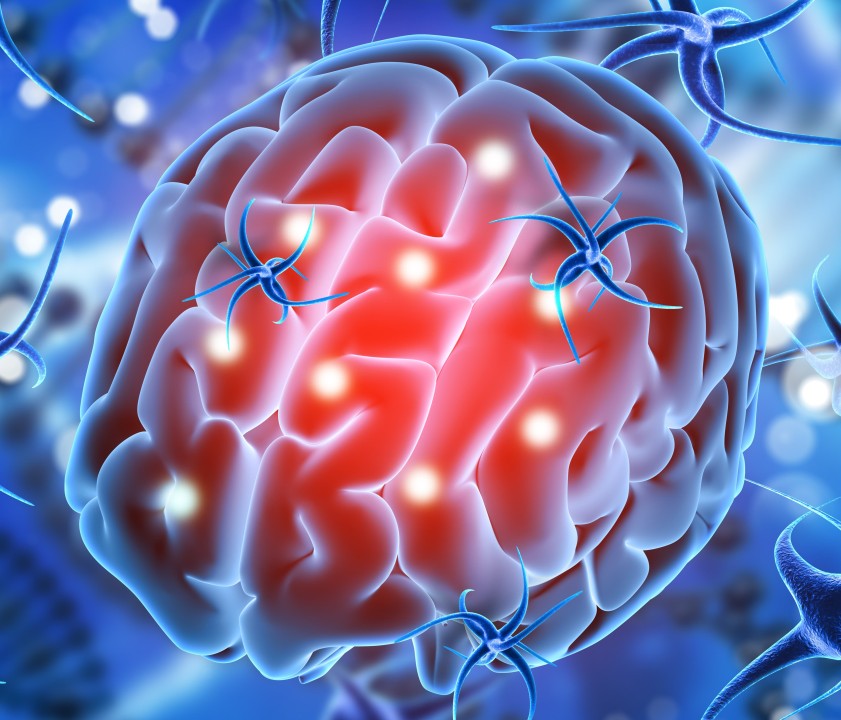Carcinoid Tumours and Carcinoid Syndrome Overview
Carcinoid tumours are rare, slow-growing cancers that arise from the neuroendocrine system, which controls hormone production in the body. These tumours typically form in the gastrointestinal tract, including the bowels and appendix, but can also be found in the lungs, pancreas, stomach, ovaries, kidneys, or other organs. When these tumours release hormones like serotonin into the bloodstream, they can cause a group of symptoms known as carcinoid syndrome.
Symptoms of Carcinoid Tumours and Syndrome
Symptoms Caused by the Tumour’s Location:
- Bowel Tumours: Tummy pain, blocked bowel (diarrhoea, constipation, vomiting), and rectal bleeding.
- Lung Tumours: Cough (possibly with blood), wheezing, breathlessness, chest pain, and fatigue.
- Stomach Tumours: Pain, weight loss, weakness, and fatigue.
Symptoms Caused by Hormones (Carcinoid Syndrome):
- Diarrhoea, Tummy Pain, and Loss of Appetite
- Flushing of the Skin: Typically the face and upper body, often sudden and red/pink in color.
- Fast Heart Rate and Palpitations
- Breathlessness and Wheezing
In some cases, severe symptoms such as carcinoid heart disease (thickened heart valves) or a carcinoid crisis (severe flushing, breathlessness, and low blood pressure) can occur.
Causes and Risk Factors
- Family History: Increased risk if close relatives have carcinoid tumours or certain cancers.
- Genetic Conditions: Such as multiple endocrine neoplasia type 1 (MEN1), neurofibromatosis, or tuberous sclerosis.
- Unknown Causes: Often carcinoid tumours develop sporadically without a clear reason.
Diagnosis of Carcinoid Tumours
- Incidental Discovery: Often found during surgery for other reasons, such as appendectomy.
- Symptoms and GP Visit: Patients with symptoms are usually referred to specialists for further testing.
- Diagnostic Tests:
- Serotonin Level Measurement in Urine
- Endoscopy: Direct visualization of digestive tract or other affected areas.
- CT Scans, Blood Tests, and Biopsies: To assess tumour growth and hormone production.
Treatment Options
1. Surgery:
- Complete Removal: If caught early, surgery can cure the condition.
- Debulking Surgery: For larger tumours to reduce size and symptoms.
2. Medication:
- Somatostatin Analogues (e.g., Octreotide, Lanreotide): Injections to slow tumour growth and reduce hormone production.
- Anti-diarrhoeal Medication and Bronchodilators: To manage symptoms like wheezing and diarrhoea.
3. Radiotherapy:
- To kill cancer cells, particularly if surgery isn’t possible.
4. Other Procedures for Liver Tumours:
- Hepatic Artery Embolisation: Blocking blood supply to the tumour.
- Radiofrequency Ablation: Using heat to destroy cancer cells.
5. Chemotherapy: Used to shrink tumours and control symptoms.
Self-Management Tips
- Avoid Triggers of Flushing: Such as alcohol, spicy foods, large meals, aged cheeses, and stress.
- Monitor Medication: Certain drugs, like SSRIs, may exacerbate symptoms. Consult your healthcare provider before changing any medication.
- Stay Hydrated: Particularly important if diarrhoea is a symptom.
Outlook and Prognosis
- Curable with Early Removal: Complete tumour removal offers the best chance for a cure.
- Manageable with Treatment: Even if not completely removable, many people live active lives with occasional symptoms controlled by medication.
- Advanced Cases: Treatment focuses on symptom control and slowing tumour growth if cancer spreads.
Support and Data Collection
- Your care team may provide information to the National Congenital Anomaly and Rare Diseases Registration Service (NCARDRS) for research and improved treatment options. You can opt out at any time.
Living with carcinoid tumours and syndrome can involve various treatments and lifestyle adjustments, but many patients continue to lead fulfilling lives. For further support, consult your healthcare team or specialist for tailored advice.







